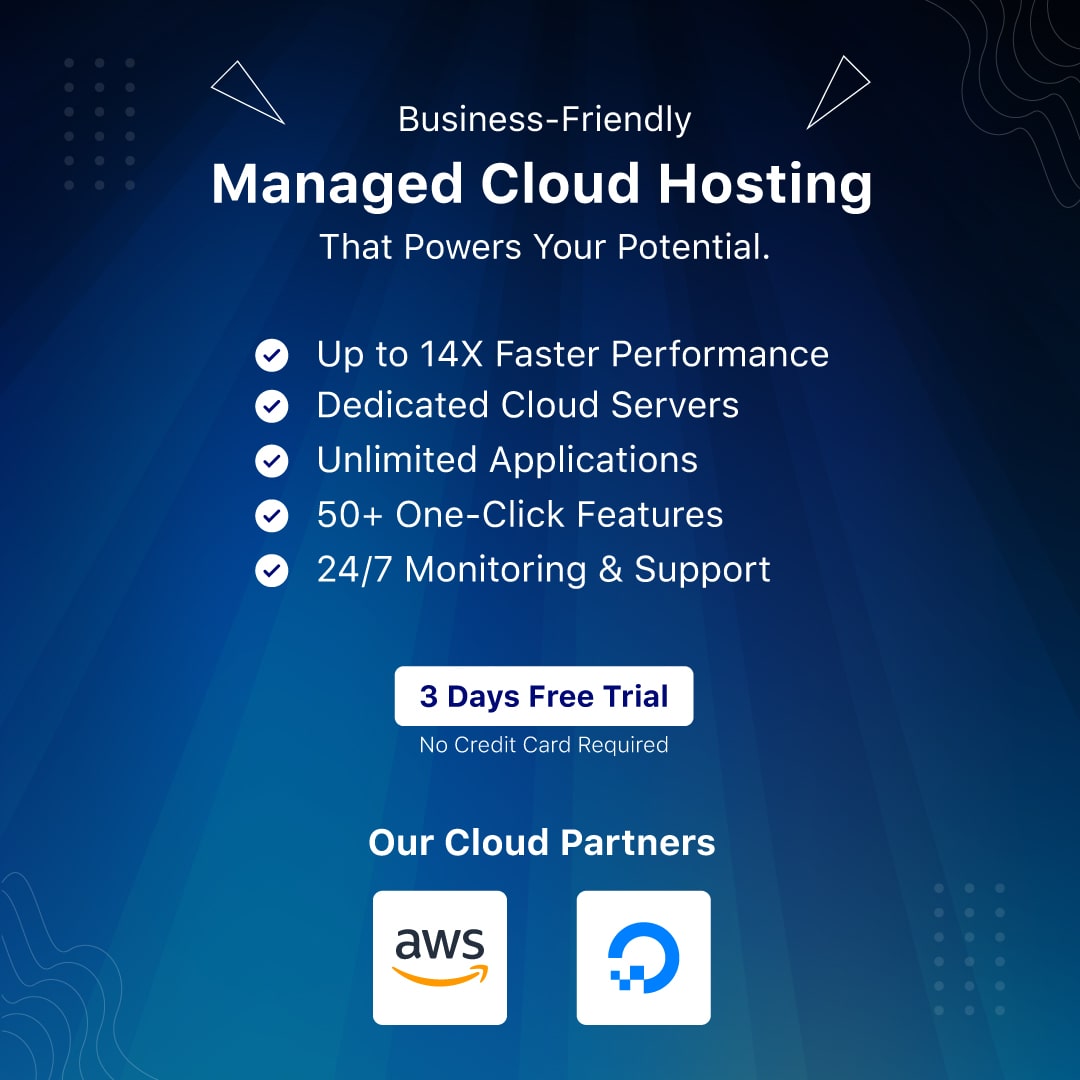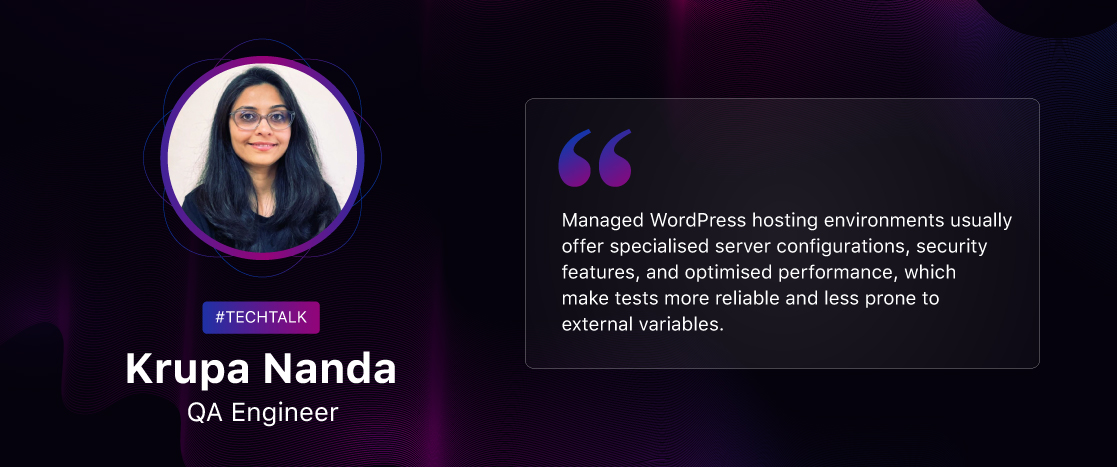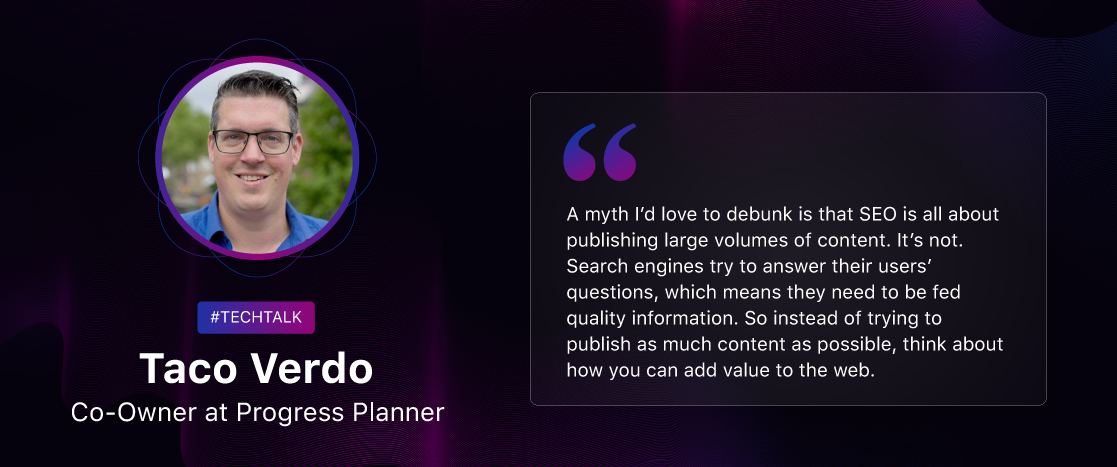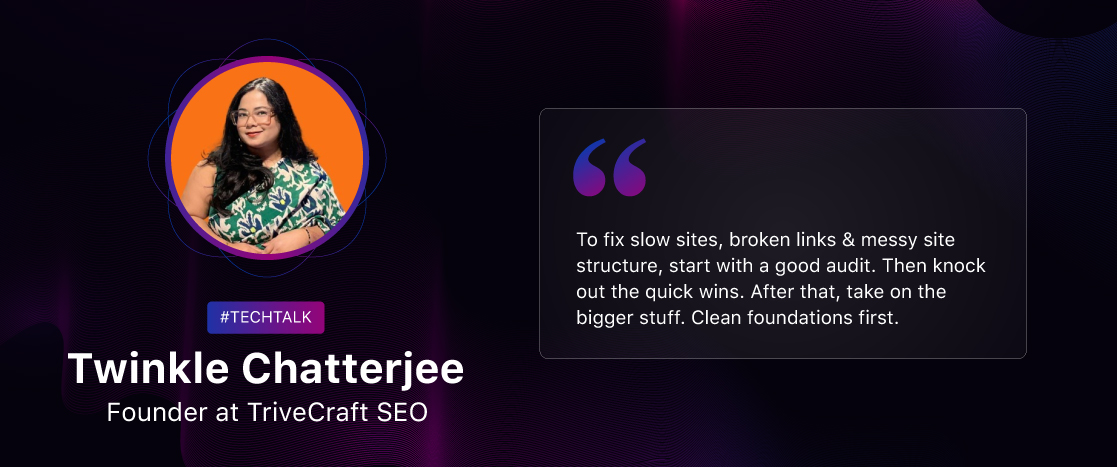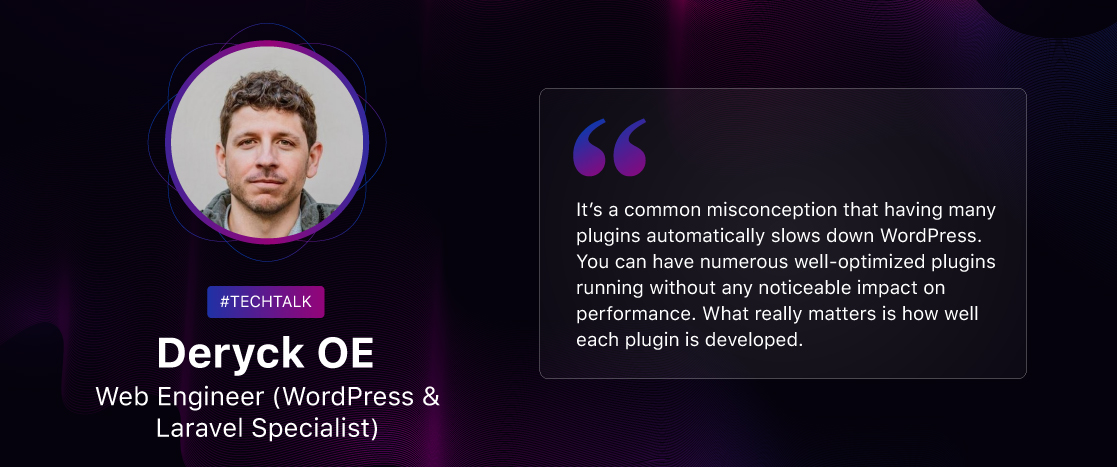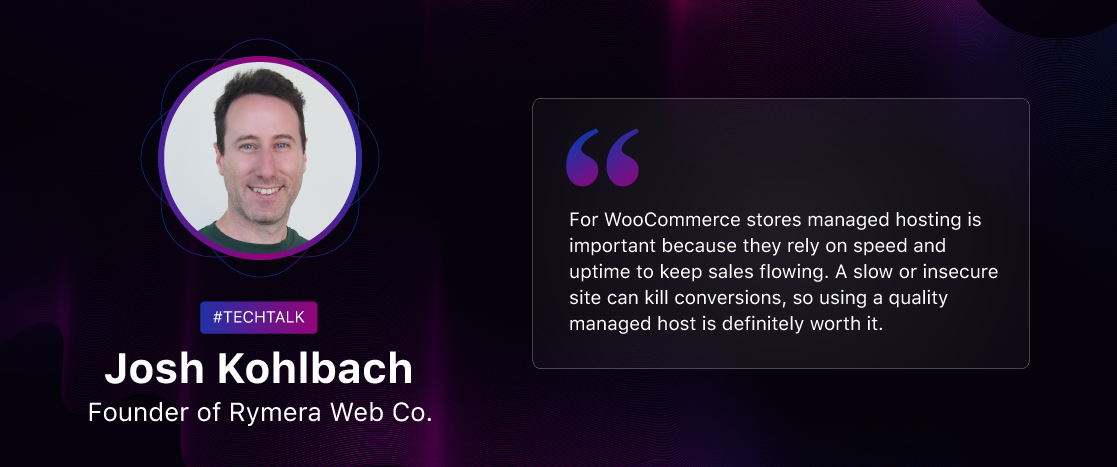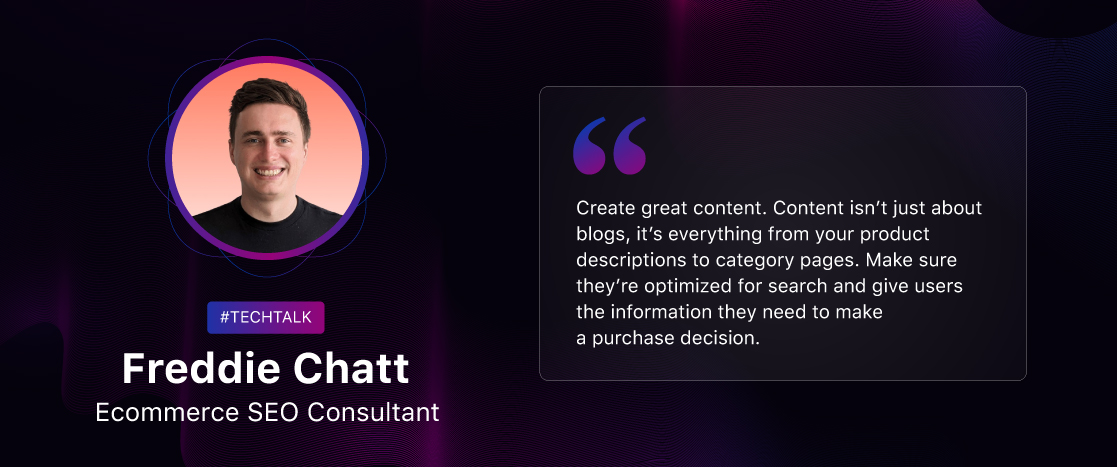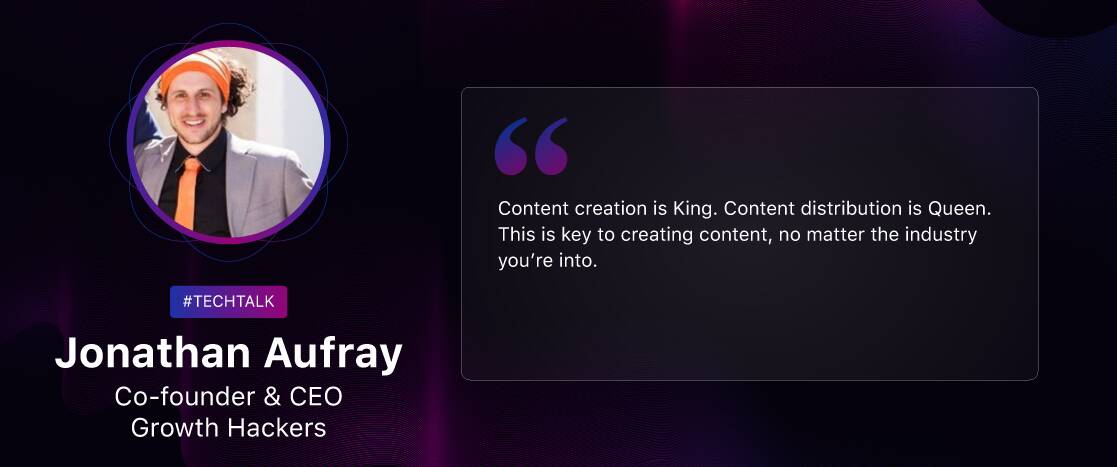
Devrims #TechTalk 020: Jonathan Aufray Discusses Growth Hacking
Over the last decade, the term “growth hacking” has been used as unique selling point by many web and digital agencies. When everyone may have a definition, there are not many like Jonathan Aufray.
Aufray’s agency Growth Hackers takes pride in creating impactful results for startups and SMBs (small and medium businesses). If you are a startup or an SMB owner, this interview is filled with great advice for your venture.
Devrims: We greatly appreciate the opportunity to conduct an interview with you. Could you tell us a bit about your background and what led you to start Growth Hackers?
Jonathan: I am originally from France and for the past 20 years, I lived in seven countries (namely, France, the US, the UK, Ireland, Spain, Australia, and now Taiwan). Over my career, I always worked with startups and small and medium-sized businesses. I always preferred to work with small companies because you can really see the value of your work and take responsibility for your work and actions. I mean if you work at Google, Apple, Nike, or Coca-Cola and you take a leave of absence for six months, nobody will notice and the company will be fine.
In 2015-2016, I was working at a startup helping them with growth hacking, user acquisition, and retention. We got accepted in an incubator in Taiwan and then an accelerator program in the UK. While working there, I noticed that most startup founders were great at creating products but not at marketing, user acquisition, and lead generation.
So, in addition to working at my startup, I was also doing consulting for other startups. I could see there was a need in the market. Therefore, I decided to leave the startup and create Growth Hackers. The goal of Growth Hackers is to help startups and SMBs grow. What I mean by growth is not vanity metrics like followers, visitors, or likes but metrics that actually move the needle such as users, leads, and sales.
Devrims: What makes Growth Hackers unique compared to other growth marketing/lead generation agencies? What is your secret sauce?
Jonathan: Thanks to my background working with startups and small businesses, I know the importance of measurable and tangible results. Many agencies focus on brand awareness while we focus on what really matters for a business. At Growth Hackers, we believe that every company, product or service, market, competitor, and goal is unique and should be treated accordingly.
Unlike most agencies, we don’t have a one-size-fits-all all kind or approach and we don’t have predefined packages. Indeed, we create custom growth strategies depending on the companies we work with.
Devrims: You’re known as a master of growth hacking which goes far beyond just a buzzword. In your experience, what are the core elements that make for effective growth hacking strategies?
Jonathan: Growth hacking is a process rather than a set of tactics. The goal isn’t only to work on your market but also to work on your product. That’s what growth hacking is all about. It bridges the gap between product development, marketing, and data science.
You build a product, you test a few marketing strategies, you collect feedback, you act on it by improving the product and making it more user-centric, and you iterate.
Devrims: What are your thoughts on the role of content marketing in an overall growth strategy? What types of content do you find most effective for lead generation?
Jonathan: Content creation is King. Content distribution is Queen. This is key to creating content, no matter the industry you’re into.
However, you don’t want to create content for the sake of it. Not only do you want to create content that resonates with your audience, but you also want to make sure it helps your business as a whole.
The content team isn’t a separate team. They should be aligned with the top management, the product developers, and the sales team to know the kind of content they should create.
The type of content that brings the best leads really depends on the industry you’re in. For some industries such as fashion or skincare, Instagram images tend to work well; for the blockchain industry, content on Discord tends to be the best; for enterprise clients, blogging is probably the most effective, etc.
Devrims: How do you approach SEO and search engine visibility for your client’s websites and campaigns? What are some on-page and off-page optimization best practices?
Jonathan: For SEO, we do it in this order:
- Audit the client’s site to find room for improvement.
- Analyze the client’s competitors to find keyword and link-building opportunities.
- Conduct extensive keyword research.
- Separate keywords into educational and transactional.
- Create pages for transactional keywords and blog posts for educational ones.
- Work on technical SEO, load time, and internal linking.
- Work on link building mostly via niche guest blogging.
Devrims: What platforms, channels, and tactics have you found most effective for paid acquisition campaigns? How do you optimize campaigns over time?
Jonathan: Google PPC Search Ads have proven to work well for our clients. What’s great with such ads is that people search for those keywords/products/services and have no problem clicking an ad.
The key is to target commercial and transactional keywords, drive traffic to high-converting landing pages, analyze data on a weekly basis, optimize the ads with high potential, pause the low-performing ads and scale the high-performing ones.
Devrims: Rapid Fire!
| Devrims | Jonathan |
| Chatgpt or Bard | ChatGPT. So much better, for now, with more options, better outputs, and more plugins. |
| Social Champ or HootSuite | None. Prefer Buffer for UX. |
| Tea or Coffee | Coffee (Espresso). I actually used to work in coffee shops. |
Devrims: What strategies and methods do you think startup companies should focus on to drive growth and scale their business?
Jonathan: Don’t reinvent the wheel. Reverse engineering what your competitors are doing is a great way to start. There’s no shame in copying. Google Bard copied ChatGPT. Threads is a dupe of X (erstwhile Twitter). There are plenty of such examples!
Devrims: What role does developing lead magnets and incentives play in your lead gen process? How do you create a compelling offer?
Jonathan: Lead magnets are essential to generate leads from the traffic you’re getting. For a lead magnet to work, focus on the main pain point or problem your ideal clients are facing and offer a solution.
Devrims: As an influential figure, what recommendations would you offer to those just starting out who aspire to make a major impact in this field?
Jonathan: Learn by doing. Don’t brainstorm, come up with hundreds of ideas and overthink. What you need is to launch, test things, learn, and fail forward.
Devrims: Do you have any suggestions for great minds in this field that we should consider interviewing?
Jonathan: Joel Gascoigne, CEO at Buffer.
